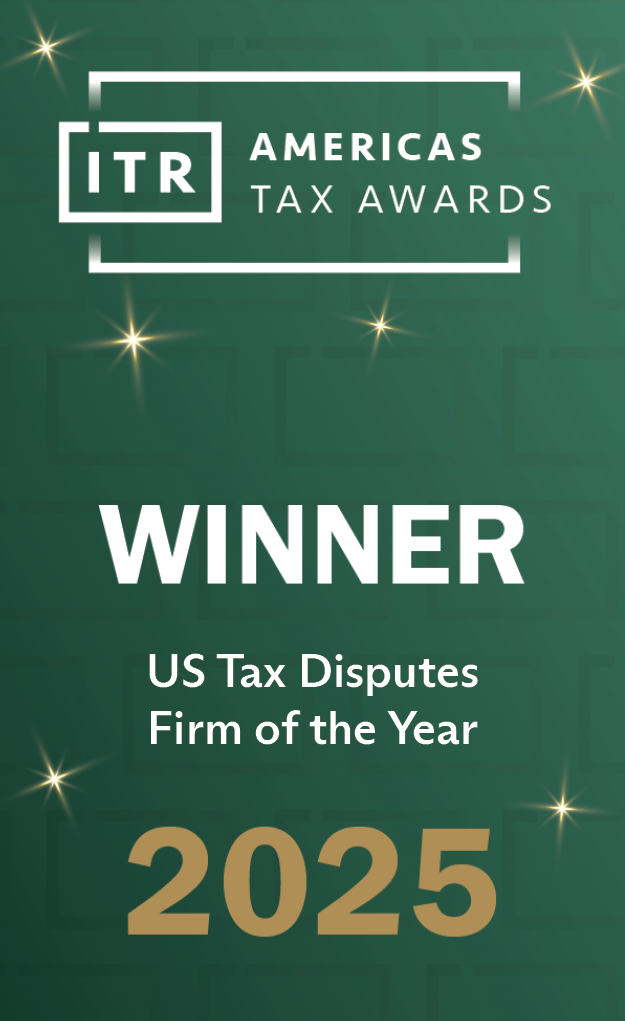In a recent order in the The Cannon Corp. v. Commissioner, No. 12466-16, the US Tax Court (Tax Court) held that a redacted email from a revenue agent’s supervisor to the agent regarding a notice of deficiency was not sufficient to satisfy the approval requirement under Internal Revenue Code (IRC) section 6751(b) for the assertion of accuracy-related penalties.
Under IRC section 6751(b), as interpreted by case law, the Internal Revenue Service (IRS) is permitted to assert penalties only if the initial determination to assert the penalty is approved in writing by the supervisor of the individual making such a determination. That provision has been litigated recently in several notable cases, for example, Chai v. Commissioner, 851 F.3d 190 (2d Cir. 2017), and Graev v. Commissioner, 149 T.C. 485 (2017). Since Graev, the Tax Court has issued a series of decisions on the requirements of IRC section 6751(b). Our recent article discussing these decisions can be found here.
In Cannon Corp., the IRS argued that the approval requirement was satisfied by an email from the revenue agent’s supervisor to the agent containing redline edits to the agent’s draft notice of deficiency (which asserted penalties) and providing instructions on where to send the notice along after the changes had been made. However, the entirety of the email was redacted because the IRS claimed deliberative-process privilege with respect to its contents.
The Tax Court held that the redacted nature of the email made it impossible to determine whether the supervisor had actually approved the assertion of a penalty. The Court also held that the privilege invoked by the IRS was a pre-decisional privilege, which meant that the notice being edited by the email was a draft, and did not even constitute a final decision to assert a penalty, so any approval of the draft would not satisfy the approval requirement with respect to such a final determination anyway. Therefore, the Tax Court rejected the IRS’s argument that the redacted email satisfied the approval requirements of IRC section 6751(b).
Practice Point: The IRS’s strategy in Cannon Corp. left the Court no option but to find against the assertion of a penalty. Without the unredacted document, the IRS was unable to show that supervisory approval for the penalty had been given. Cannon Corp. represents the continuation of cases on this theme, and reminds practitioners and taxpayers to push back against the assertion of penalties. The IRS must show that a penalty was approved before asserting it, and without such proof the penalty will not be upheld. So during discovery ask for the proof of supervisory approval!







